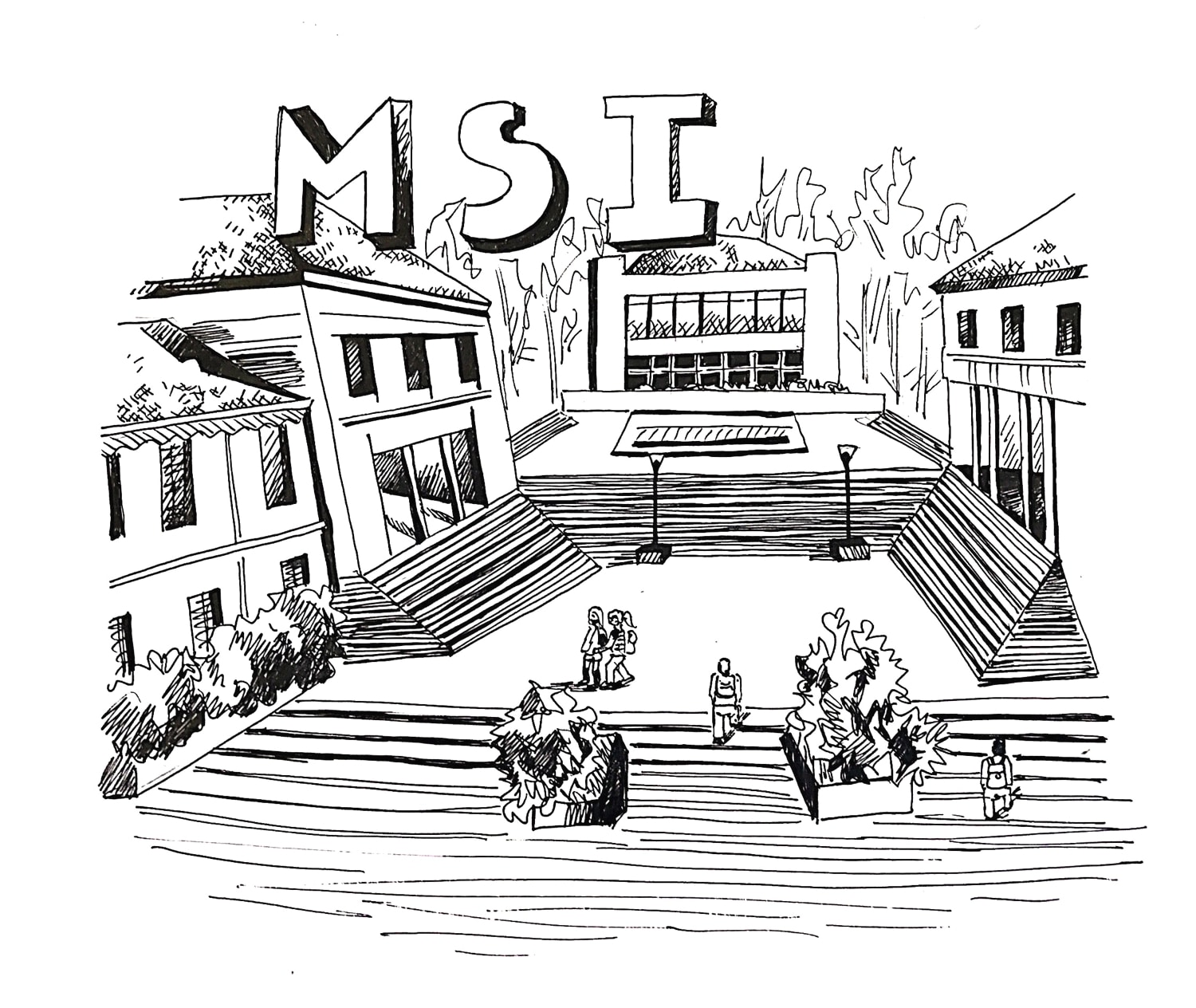The Associated Students of Occidental College (ASOC) and the Diversity and Equity Board (DEB) released their full report on the Multicultural Summer Institute (MSI) Nov. 9. While the report articulates concerns with various facets of MSI (the RA-hiring process, changes to curriculum and/or lack thereof, etc.), there is an equally troubling complaint about the administration’s perception of MSI. The report implies that the administration regards MSI’s function as producing students who challenge the administration and the institution on grounds of its values, practices and relationships. While it is fair to argue that students coming out of MSI are challenging the school, why is that a bad thing? I write this not as a student of MSI, but as someone who has had the privilege of interacting with students that come out of it. MSI students are consistently more capable of jumping into a collegiate academic setting. They immediately demonstrate a necessary and well-developed critical lens in many humanities courses.
The recommendations made by the ASOC/DEB joint committee are key guidelines to fostering this opportunity for progress, and the report indicates that students are frustrated with both the curriculum and the administrative handling of the program. For the school not to respond to these issues would indicate two major issues: a failure to meet the needs of the program and an inhibition of student growth.
MSI tends to produce critical-thinking students and campus leaders, but surely the same result can be accomplished without the hardships these students face in the process. It is utterly disheartening that because of the difficulties with the program itself students end up having no choice but to raise issues with the curriculum and co-curriculum (p. 9), their access to resources (p. 8), their mental health (p. 6) or their preparedness for employed positions within the program (p. 6).
Perhaps the most jarring aspect of the MSI report is the fact that there are still structural and foundational issues with a program that is vital to an institution (see report). MSI, as a historical entity, has proven 10 times over its integrity as an opportunity to learn. The trouble with the report, then, is not even that students are outlining the problems with MSI, but rather that these disagreements indicate that there is an underlying disparity on the very purpose of MSI fueled by miscommunication. Students report the effectiveness and positive outcome of the program in both its curricular and co-curricular components, such as ERSJs (Engaging Reflections on Social Justice), when they are effectively taught and handled (beginning of p. 10, p. 12). While ERSJs need restructuring like many other aspects of the program, their total removal is the wrong decision. In the report, Professor Mary Lopez even states, “Instead we should have looked as to what went wrong as it could be important to students, not just get rid of it.”
It is my belief that changes made to MSI’s programming, including the removal of co-curriculars such as ERSJs, came from a critique I heard voiced during the MSI Town Hall that the some of the people in charge of the program feel it does not hold the same value for STEM students as it does for humanities students. Yet, surely encouraging the development of critical thinking through programs like ERSJs would benefit STEM students as much as they benefit students in the humanities. By engaging the material in any field through discussion and intense evaluation, surely it is possible to both learn more and be more capable of working in that field in the future. I cannot imagine someone would not benefit from better knowing themselves, those they are working with, and how to approach their work critically through both personal academic interrogation and dialogue.
As their colleague, I have witnessed former MSI students’ effective work in community organizing, their critical roles as campus voices and their continued commitments to social justice-oriented activism, regardless of their personal fields. The Occidental community constantly benefits from their contributions. If anything, the college should be commending MSI’s propensity to produce students that look critically at their own environment and be working to ensure that concerns raised about it are handled transparently and efficiently. Although the burden of changing the institution should not fall on these students alone, it would reflect badly on the school to nullify a space that fosters their sense of criticality. Decreasing MSI’s capability to develop interdisciplinarily critical minds would go against the mission of the college itself. The school’s history is rich with students standing up for what is right, and at times the administration has reflected a keen eye for progress. Diminishing the power of MSI goes against the idea of progress that the school is supposed to exemplify.
Karim Sharif is a senior English major. He can be reached at sharif@oxy.edu.
![]()































